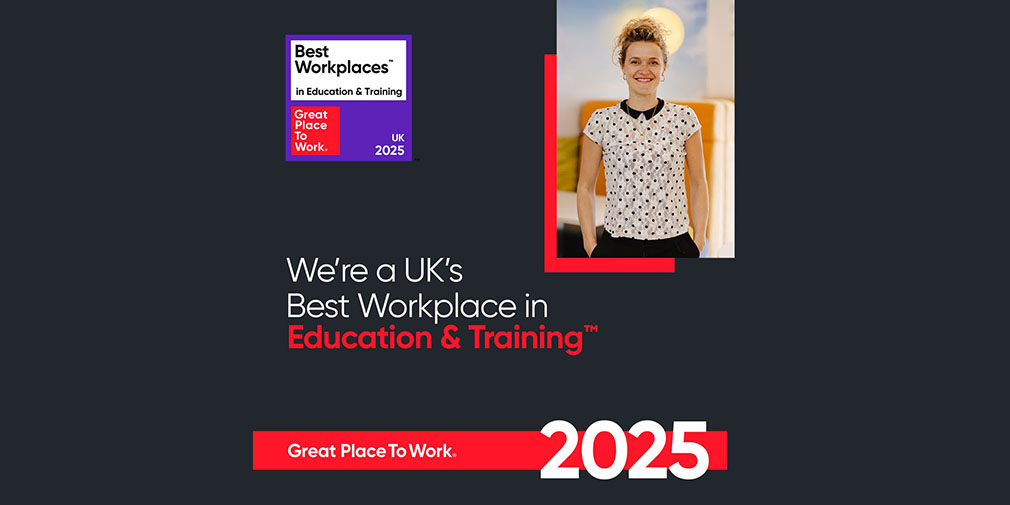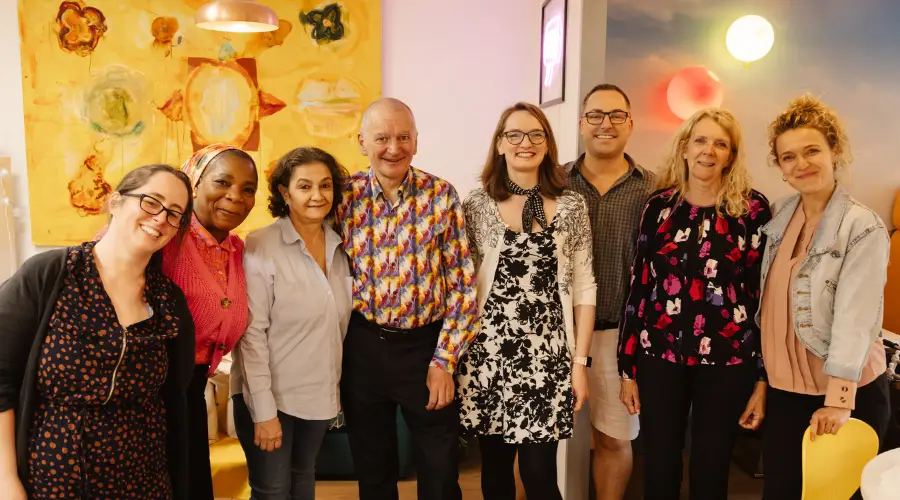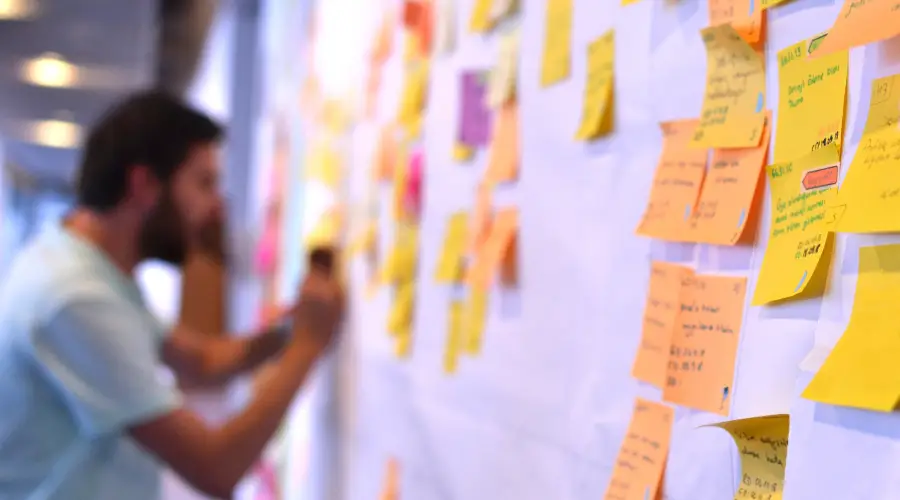Mistake 1: Have a mix of co-located people and dial-ins
These ‘hybrid’ meetings are almost always horrible. The us-and-them dynamic they imply is extremely difficult to overcome, and often sets off chain reactions which extend way beyond the meeting.
To make this situation even worse, why not raise the problem during a hybrid meeting from within the co-located group — and don’t let the remote people get a word in? Keep the (in-the-room) discussion going until someone says, “Why should we have to have a worse meeting experience just because of the remote people? That’s just silly.” Then move on.
Mistake 2: Don’t use video
Bad meetings are always worse when you can’t see the other people’s body language. You can’t tell when participants have questions, want to comment, violently disagree, or have had enough of a subject and want to move on. On top of that, the fact that participants can’t be seen means they’re much more likely to get distracted and do other things during the meeting.
Mistake 3: Don’t have an overall purpose for the meeting — or if there is one, don’t tell anyone
What better way to generate misunderstandings, conflicts, and wasted time? To make this tactic even more effective, make sure this is a regular meeting that nobody actually owns, leads or facilitates.
Mistake 4: Don’t tell anyone why they’ve been invited, or how they should participate
One of the worst things about online meetings is that it’s very easy to invite too many people. After all, meeting room availability isn’t a limiting factor. It’s also very easy for invitees to say ‘yes’ to an invitation. If the invitation doesn’t make clear otherwise, everyone will expect to ‘listen in’ while getting on with other work throughout the meeting.
Mistake 5: Make sure the audio quality is dreadful, enriched with loud, distracting background sounds
“Sorry, I didn’t catch that” isn’t just code for “I wasn’t listening.” It can also mean “You sound like you’re underwater,” “Try speaking one at a time!” or “Stop whispering and move closer to the mic.” It’s still the case that many online meetings take place huddled around a spider phone, as if the organisation is trapped in the 1990s.
When it comes to background noise, the sky’s the limit! Often, that’s literally true: airport noise is especially effective at disrupting conversations, as it can combine café clatter, screaming children, loudspeaker announcements and much, much more… Research suggests that 47% of workers admit to having used the loo during a conference call. Let’s hope they pressed ‘mute’!






















